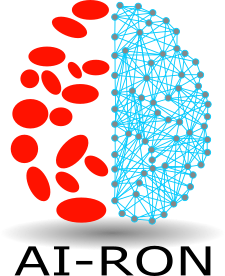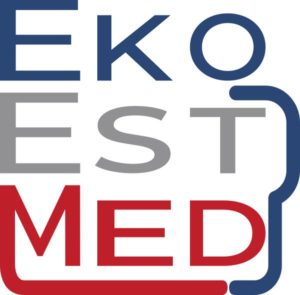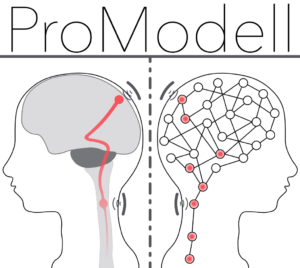One of the greatest challenges with regard to the transformation to a modern, digital healthcare system is the acute shortage of specialists, especially in the field of (medical) informatics. Therefore, a core element within the medical informatics initiative is the education and training of medical informatics specialists. For this reason, the BMBF is providing additional funding of around 30 million euros (2020-2026) to 21 junior research groups at the interface between informatics and medicine as a substructure for newly established medical informatics professorships. The junior research groups are to support the professorships and be integrated into the work at the universities. This makes the forward-looking research field in Germany attractive for scientists.
For this purpose, MIRACUM has taken over the supervision of four junior research groups with impressive research foci. For detailed information please follow the links below:
AI-Ron aims to confidently usher in a new era of morphomolecular diagnostics by developing Artificial Intelligence (AI)-based medical informatics pipelines that will improve the quality and speed of brain tumor diagnosis, as well as personalize and (cost-)efficiently target therapeutic approaches.
The results of the junior research group CDS2USE will help to ensure that the innovative, intelligent solutions developed within the framework of MIRACUM are designed in a user-centered manner to enable the broad and sustainable use of Clinical Decision Support Systems in the context of personalized medicine.
EkoEstMed aims to enable methods for the development, provision and use of OMICS data as well as the integration of multi-OMICS data. Furthermore, the development of tools for decision support in the clinical context is aimed at.
With a focus on the generation of FAIR data and the integration of standardized data formats, the junior research group MeDaX is developing an information and research platform for (bio)medical data eXploration.
The fundamental mission of the MIDorAI junior research group is to develop data integration and modeling tools as a platform and to make them available within the MII and the general research community as well as Software as a Service (SaaS).
ProModell focuses on neurostimulation strategies that can be used, for example, in Parkinson’s disease or neuropathic pain. Computer-based tools are developed for the rapid generation of anatomically, physically and neurofunctionally accurate digital twins, which enable researchers to develop and apply neurostimulation strategies.







